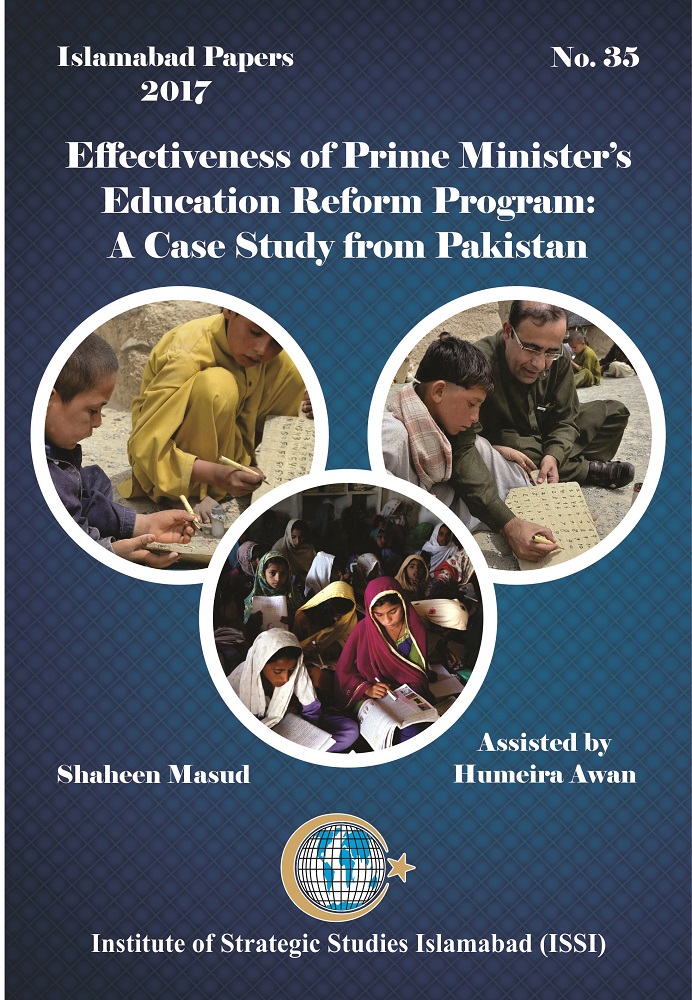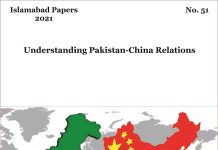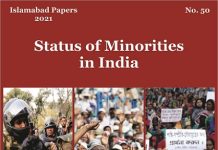Rationale of the Study
Education is the main driver of development for any country, and the Government of Pakistan (GoP) is striving for developing a widely accessible and egalitarian system in Pakistan in tandem with its constitutional obligations, national and international commitments. There have been a number of commissions, policies and plans, but even after a lapse of seventy years, the education system in Pakistan suffers from serious ailments. In a nutshell, these problems are: multiple education systems, lack of adequate budget, poor physical facilities, outdated curricula, lack of teacher quality, low enrollment, high scale dropouts, political interference, poor management and supervision, absence of monitoring and evaluation of teaching and learning and lack of political will. The education system has thus failed to take the nation out of increasing economic and political quagmire. This research will dilate on the education policies and plans, national and international commitments of the Government of Pakistan along with the present status of education.
Cognizant of the dynamic force of education as a milestone to national development, Prime Minister Nawaz Sharif’s Educational Reform Program [PMERP] has been launched for Islamabad Capital Territory [ICT] as a pilot project to address the widely known deficiencies in the education system. Its aim is to translate the Prime Minister’s Vision for improving and reforming the overall education system of public schools in ICT in order to put Pakistan on a fast track of development. This study will examine the long term effects of PMERP, if any, on the education landscape and explore its efficacy and effectiveness to serve as a catalyst for future nationwide educational reforms, and if successful, replicating it in other provinces and areas of Pakistan.















